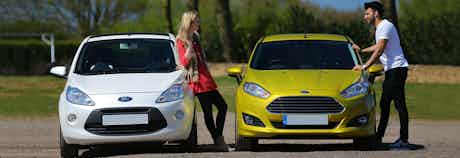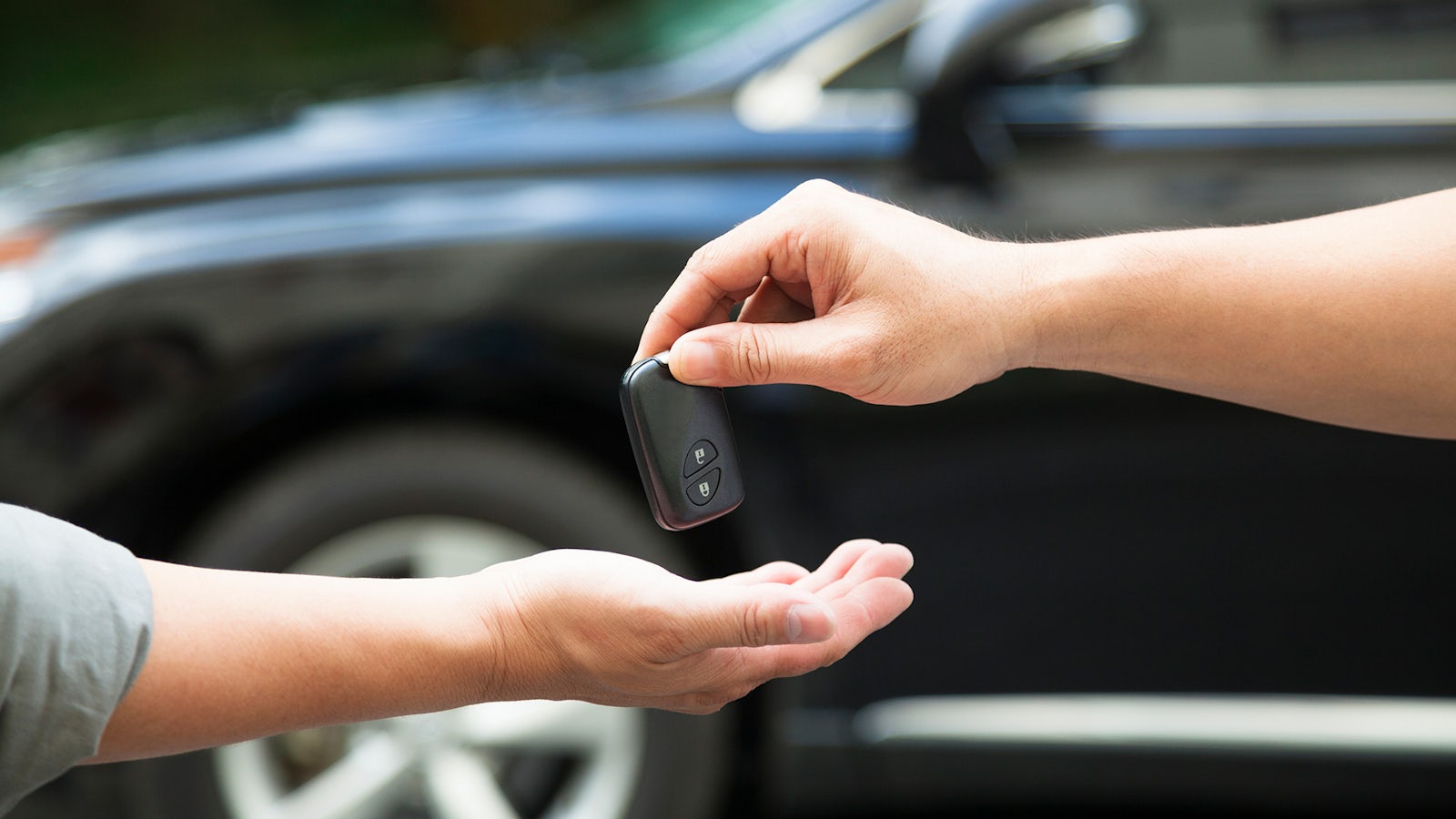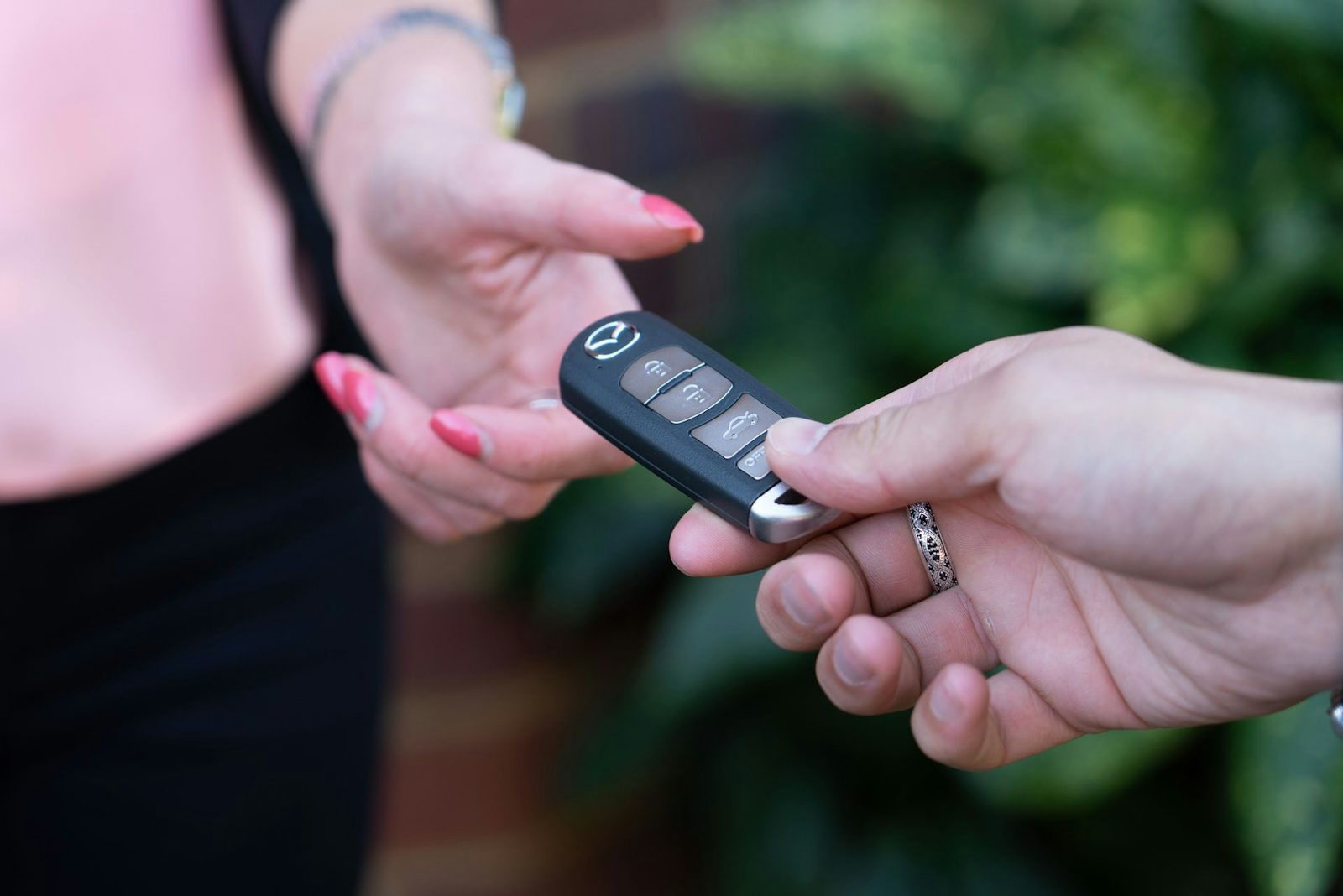

If you’ve bought your car on finance, you might think you’re locked into making every payment through to the end of your contract.
Sometimes though, factors in your life may change that. The good news is you do have options that could allow you to end your car finance early. This guide explains how, and when it might be a good idea to consider it.
You may have a number of reasons why you’re considering paying off the remainder of your car finance before the end of your agreed term.
It could be for positive reasons – you may have your eye on a newer car, or you may love the current car you’re in and have the funds necessary to buy it outright immediately.
Equally, you may find that you don’t need a car anymore and could do without the monthly expense.
You do have options when it comes to ending your agreement early.
Under Section 99 of the Consumer Credit Act 1974, you have the right to voluntarily end a Personal Contract Purchase (PCP) or a Hire Purchase (HP) agreement.
However, it’s not as simple as just cancelling your payments. Both types of finance have stipulations that outline when (and how) you can end an agreement early.
When you take out a finance deal to purchase a car, you’re entering into a legally binding contract that is designed to run for a specific length of time – three years, perhaps.
Such contracts will typically have provisions for you to exit the agreement early, but there will be conditions that need to be met in order for this to occur. It may also be more financially advantageous to see the contract through to the end of its duration, if you can.
Personal contract purchase agreements are by far and away the most popular instrument for financing a new car. PCPs see you pay a deposit and monthly repayments over a fixed term (typically three or four years), with these monies paying off the car’s depreciation.
At the end of the deal you can either hand the car back, owing and owning nothing; make the final balloon payment to own the car outright; or use any ‘equity’ accrued (because your deposit and monthly repayments amounted to more than than the car is worth at the end of the deal) to go towards a new-car purchase. Our guide to PCP finance has more details.
If you wish to voluntarily terminate a PCP deal you’ll need to have paid at least 50% of the total finance amount.
Keep in mind this isn’t just half of the car’s value. It includes the initial deposit, the sum of all monthly payments (plus interest) and the optional final ‘balloon’ payment (the optional fee at the end of your agreement that you can pay if you want to legally own the car outright.)
If you haven’t paid back 50% of the total finance amount, you can still hand the car back by paying the difference. For example, if the total finance amount is £30,000 and you’ve paid back £10,000, you could end the finance agreement by handing the car back and paying an additional £5,000.

Before deciding to end your PCP agreement early, it’s worth finding out if your car has positive equity. This is when your car is currently worth more than the outstanding finance you’ve left to pay (including the balloon payment). Also be aware any miles you’ve done above the agreed limit will incur additional charges, as will any damage to the car above normal wear and tear.
Once you know the value of your car, you should request a settlement figure from your finance provider. This will be the amount you need to pay to end the agreement early and take ownership of the car — leaving you free to sell it on.
Hire Purchase agreements see your deposit and monthly repayments pay off the vehicle itself, rather than its depreciation. There’s no balloon payment at the end to make, although monthly repayments tend to be higher than they are with a PCP.
As with a PCP agreement, a Hire Purchase (HP) agreement will require you to have paid back at least 50% of the total finance amount (including interest) before you can voluntarily terminate it.
HP agreements don’t have an optional ‘balloon’ payment as with PCP finance – once you’ve made the final payment of an HP agreement you will legally own the car outright. This means you’ll likely reach the 50% payment mark closer to halfway through your finance term with an HP agreement than with PCP.
At this point, you can either request a settlement figure to pay the remainder of the outstanding payments (at which point you’ll be the car’s legal owner) or you can choose to hand the car back to the finance company.
As with PCP finance, you can end your agreement early if you haven’t reached the 50% mark by handing the car back and paying the difference.
If you decide to return it, you may be charged penalty fees if the car has any damage beyond normal wear and tear, or if it has unusually high mileage.
Excess mileage and condition charges could also apply if you end an HP agreement.

Your individual circumstances will determine whether it’s best to end your car finance early. If you don’t need the car anymore, or you’re struggling with the monthly payments and have already paid off 50% or more of its value, it may be the right decision. If you’re facing money troubles and have not yet paid 50% of the car off, it may help to seek independent professional financial advice.
You could look into taking out a personal loan to get yourself up to or above the 50% mark, though obviously this arrangement would bring repayments with it, so needs careful consideration. You could also look into specialist vehicle refinancing deals, which some banks offer and which could lead to lower monthly repayments.
If you haven’t yet paid 50% of your total finance amount and you can’t afford to pay the difference, you are still able to end a finance agreement by what’s called a ‘voluntary surrender agreement’.
Unlike a voluntary termination, however, a voluntary surrender agreement doesn’t mean you no longer have to make any additional payments…
Under the terms of a voluntary surrender agreement, you’ll need to return the car to the dealer. Then, the finance company will sell the car at auction. If this sale covers all the outstanding finance, then you won’t have to make any more payments. If the sale doesn’t cover all the outstanding finance, you’ll need to pay the difference to the finance company.
You may also be charged for any additional fees, admin costs and any repair charges if the car is damaged beyond reasonable wear and tear.
If your car has been involved in a crash and written off, you won’t be able to end your agreement without paying the outstanding finance amount. However, you could look to use any insurance payouts (if applicable) to cover these costs.
You can end a car lease agreement early, but this isn’t as simple as with HP or PCP. You’ll need to hand the car back, but your finance provider will often require you to pay an early termination fee, which could be as much as all your remaining monthly payments combined (plus interest).
To sell a car with outstanding finance, you’ll first need to settle the outstanding amount with your finance company by paying a settlement figure. It is illegal to knowingly sell a car with outstanding finance to a private buyer without making them aware of this first.
You can choose to sell your car to a dealer – many of which will be able to pay the settlement amount directly to your finance company as part of the purchase.
Looking for an easy way to change your car? Then carwow is the place to go. You can sell your car online for a great price, and get the best deals on a new one. All through our network of trusted dealers and all from the comfort of your home. Tap the button below to get started today.